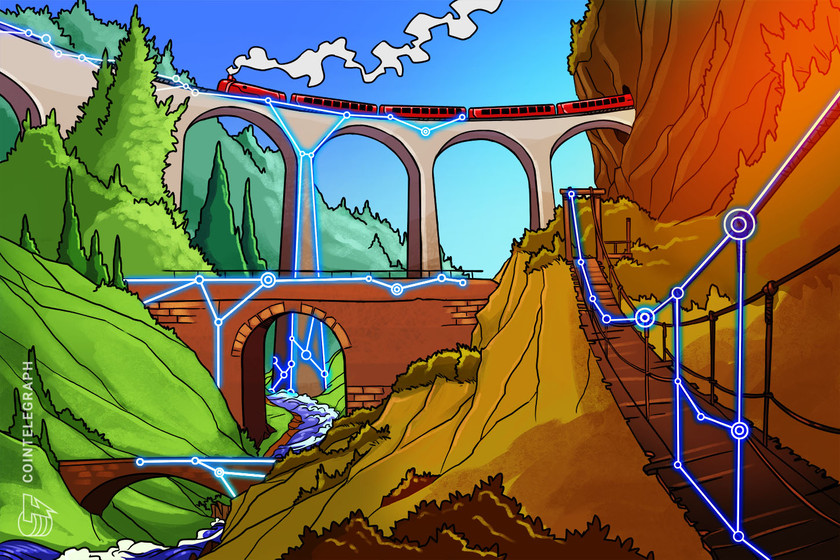Layer-2 race heats up as Loopring (LRC) price gains 430% in 2021

Loopring’s increasing DEX volume and token price show the project is emerging as one of the leading layer-two solutions working to address the high gas fees on the Ethereum network.
Cross-chain bridges and layer-two solutions have become an important topic of conversation in recent weeks as protocols compete to offer the best solution to skyrocketing transaction costs on the Ethereum network.
While a lot of the focus in decentralized finance (DeFi) has been on the creation of a sprawling multichain ecosystem following the recent emergence of Binance Smart Chain and Avalanche, those who wish to stay on Ethereum have turned to layer-two solutions like Loopring as their preferred method of escape.
A recent report from Delphi Digital has identified Loopring’s decentralized exchange (DEX) as one of the top layer-two contenders, as it has already settled $590 million in volume in 2021.

As shown above, the decision to launch an automated market maker (AMM) as part of Loopring v3 led to increased engagement on the platform, and it accounts for 60% to 90% of Loopring’s total volume.
Gas prices on the Ethereum network began rising in late December 2020, and this coincided with an increase in the number of unique wallet addresses interacting with Loopring. This suggests that a number of Ethereum users had already migrated to Loopring’s second layer to escape high fees on the mainnet.

The analysts at Delphi Digital did offer a word of caution, as Loopring’s native LRC token currently accounts for more than 40% of the nearly $250 million in total value locked (TVL) on Loopring v3.
For comparison, UNI comprises 3.4% of the TVL on Uniswap, while SUSHI accounts for 6.5% of TVL on SushiSwap. While the dominance of LRC in Loopring’s TVL has been on the downtrend, and this figure needs to reduce further in order to show a healthy amount of liquidity for other tokens.
DEX fees bring added value to Loopring
One area where LRC beats out UNI and SUSHI is in the price-to-sales ratio, with LRC currently having a ratio of approximately 155, while the value is less than 6 for UNI and SUSHI.
Data from Cointelegraph Markets and TradingView shows that the price of LRC has increased more than 430% since Jan. 2, going from $0.165 to a high of $0.89 on Feb. 12. The altcoin also hit a new record trading volume at $1.23 billion on Jan. 5 as the layer-two AMM liquidity mining incentives were being initiated.

Despite the recent hype around cross-chain solutions that harken back to the “Ethereum killer” days, it would be wise to note that the largest DeFi protocols on Ethereum are committed to the network through the adoption of layer-two infrastructure like Optimism and zk-Rollups.
Loopring’s decision to focus on scalability rather than attract users is now paying off as ERC-20 token holders come to the project’s working solution willingly.
What is yet to be determined is whether a large amount of liquidity will follow suit or wait for layer-one DEXs like Uniswap to deploy on Optimism as a way to help reduce transaction costs.
The views and opinions expressed here are solely those of the author and do not necessarily reflect the views of Cointelegraph.com. Every investment and trading move involves risk, you should conduct your own research when making a decision.



